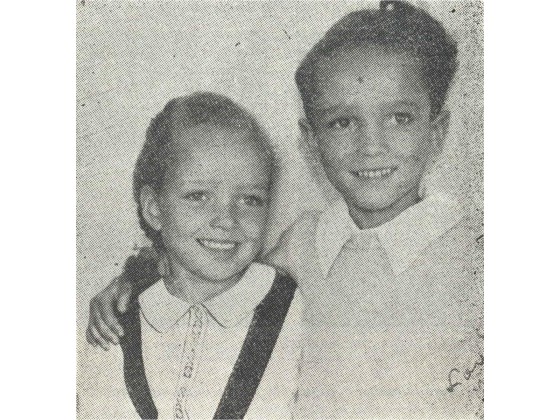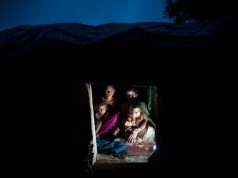The American Nation has a race problem. Understandable, because its cradle was made by Native Americans, currently occupying reservations usually designed to help animal species on their painful way to extinction.
The 2016 Republican Presidential candidates have more than a race problem. Uncomfortable human beings owned by various corporations to engage in verbal vomit, they spit out racism. Donald Trump is more direct than his ilk but no worse than them. They all dream about the good old days. Those were the days of the KKK. Those were the days of the O’Day Short tragedy. In memoriam of that tragedy, helping us heal while asking those in the know to name their grandparents’ deeds, here is more coverage of this domestic act of terrorism. Before #ISIS, we produced #KKK.
Eduardo Gil, 36, who lived in Fontana, CA, from age 8 to 14, and who likes to read, learned about the O’Day Short case mentioned in James Loewen’s book on “sundown towns,” the places some #Fontana residents, whose skin had a darker shade than white, knew they weren’t welcome after dark. Mike Davis’ 1990 book “City of Quartz,” also described the murder when the author reminisced about his native Fontana.
On December 16, 2015, 70 years after the act, David Allen of Inland Valley Daily Bulletin retold the events trying to shake people out of their complacent, impotent fright of the times to come and reassess their values. Here is his exposition:
Rather than cave in, Short contacted the FBI, a lawyer and the black press.
They weren’t bluffing, though. It doesn’t seem that way, at any rate.
Because on Dec. 16, 1945, the home exploded in a fireball, the Shorts inside.
Helen Short, 35, died, as did the children, Barry, 9, and Carol Ann, 7.
***
BY DANA NEACSU: In the Age of Trump Reminiscing the Old Days of Racism














